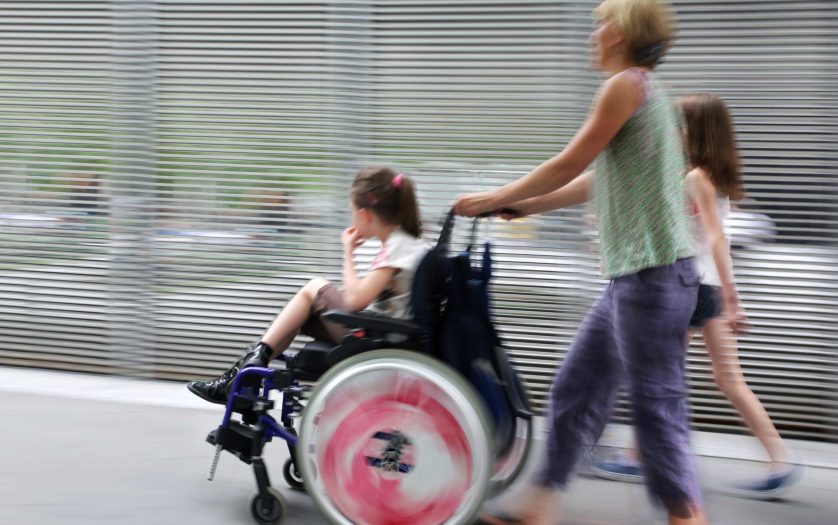
Plans to make the disability benefits system fit for the future and overhaul the “one size fits all” , following the Prime Minister’s speech which set out the government’s wide-ranging ambitions for welfare reform.
The Modernising Support Green Paper will explore how our welfare system could be redesigned to ensure people with disabilities and long-term health conditions get the support they need to achieve the best outcomes, with an approach that focuses support on those with the greatest needs and extra costs.
The UK’s health landscape has changed since Personal Independence Payment (PIP) was introduced in 2013 with the intention that it would be a more sustainable benefit that would support disabled people to live independently by helping with the extra costs they face.
However, the caseload and costs are now spiralling. There are now 2.6 million people of working age claiming PIP and DLA – with 33,000 new awards for PIP each month which is more than double the rate before the pandemic. This is expected to cost the taxpayer £28 billion a year by 2028/29 – a 110% increase in spending since 2019.
This is in part fuelled by the rise in people receiving PIP for mental health conditions such as mixed anxiety and depressive disorders, with monthly awards doubling from 2,200 to 5,300 a month since 2019.
Since 2015, the proportion of the caseload receiving the highest rate of PIPhas increased from 25% to 36%. And many more people being awarded PIPnow have mental health conditions than when it was first introduced.
In line with the wider reforms to ensure the welfare system is fair and compassionate, the Modernising Support Green Paper proposals centre on targeting and improving the support for those who need it most.
These ideas include removing the PIP assessment altogether for people with certain long term health conditions or disabilities, including those with terminal illnesses to reduce bureaucracy and make life easier for those most in need of support.
By more accurately targeting support, we will ensure the large scale of government expenditure on PIP translates into better outcomes for disabled people and those with health conditions.
Prime Minister Rishi Sunak said: It’s clear that our disability benefits system isn’t working in the way it was intended, and we’re determined to reform it to ensure it’s sustainable for the future, so we can continue delivering support to those who genuinely need it most.
Today’s Green Paper marks the next chapter of our welfare reforms and is part of our plan to make the benefits system fairer to the taxpayer, better targeted to individual needs and harder to exploit by those who are trying to game the system.
We’re inviting views from across society to ensure everyone has a chance to make their voices heard and shape our welfare reforms.
Work and Pensions Secretary Mel Stride said: We’re making the biggest welfare reforms in a generation – protecting those most in need while supporting thousands into work as we modernise our benefit system to reflect the changing health landscape.
A decade on from the introduction of PIP, this Green Paper opens the next chapter of reform, enhancing the support for people with health conditions and disabilities while ensuring the system is fair to the taxpayer.








